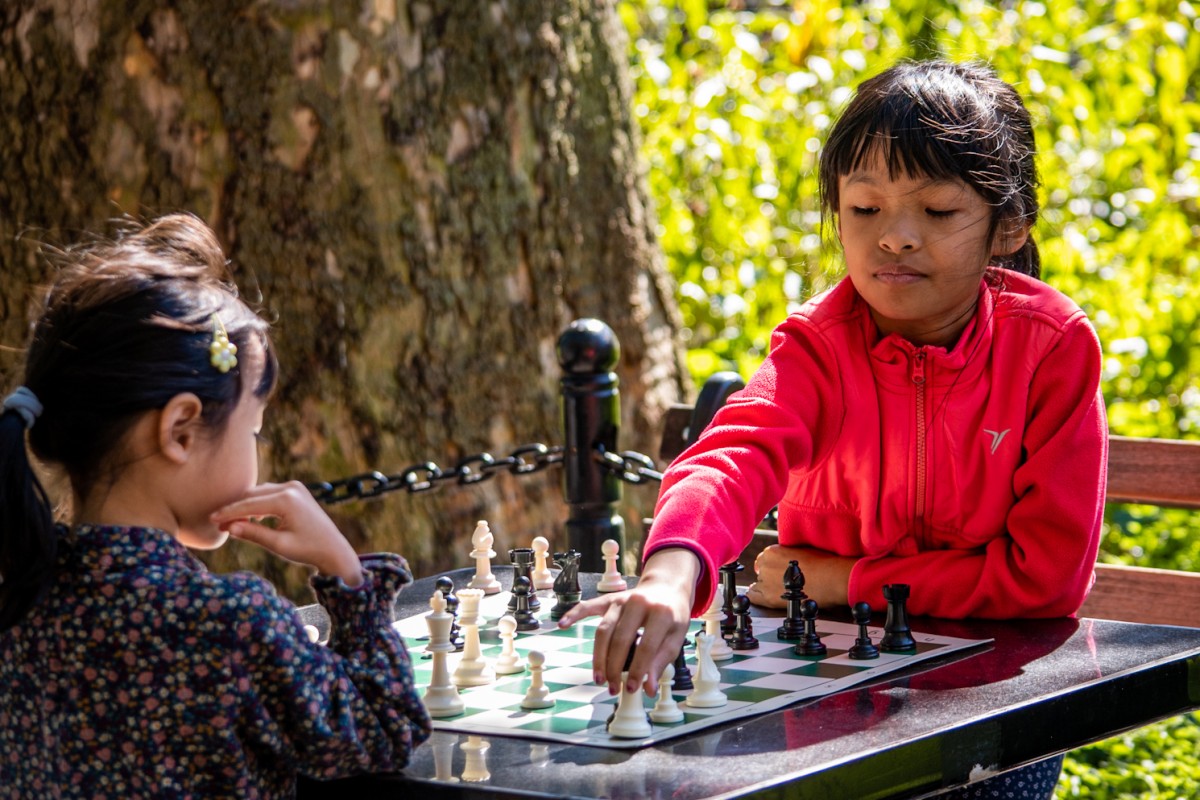Parents and coaches tend to be biased against female chess players, according to a study conducted by researchers at NYU’s psychology department.
The researchers interviewed around 300 parents and coaches of chess students, asking them to evaluate the skills of more than 650 players. Those interviewed — 90% of whom were men — rated the potential of female chess players lower on average compared to that of male players.
Sophie Arnold, a doctoral student at NYU’s Department of Psychology and lead author of the study, said the study is part of a larger effort to look at how gender bias impacts women in male-dominated fields. Only 14% of chess players are women, according to the United States Chess Federation.
“Our research highlights the seemingly innocuous belief that success in chess requires extreme intellectual talent, brilliance, as one belief that can contribute to gender bias in chess,” Arnold said in an interview with WSN. “This connection suggests that, for combating gender bias in chess, folks could also look to successful ways of combating gender bias in other brilliance-oriented fields.”
Researchers also found that many of the people interviewed believed that “brilliance” played a major factor in their ratings. Respondents who said brilliance was necessary to play chess also thought that female chess players would be more likely to quit due to a lack of skill compared to male players.
NYU alum and U.S. Women’s Chess Champion Jennifer Shahade, who co-authored the study, said that parents and coaches may be quick to judge female players who don’t quickly show promise. She said the belief that chess requires inherent brilliance could lead parents and coaches to prevent players from learning and improving.
“There’s a bias against female players who don’t immediately display their talent and potential,” Shahade told WSN. “We’re cutting some girls too early from something that they can enjoy and excel in when we overvalue the importance of ‘inherent brilliance’ in chess.”
The team found that parents and coaches reported investing equal time and energy in male and female players, suggesting some may not be aware of the biases they hold against female chess students. Shahade said she thinks that more wide-ranging representation of female players at all levels of the sport could help them feel more confident. She said the high level of chess showcased on the popular Netflix series “The Queen’s Gambit,” for example, could intimidate emerging female players.
“We need to showcase the accomplishments of a wider variety of female players so that girls can see many examples of women excelling in chess,” Shahade said. “When it’s all focused on a super genius character like Beth Harmon, it can be quite compelling and exciting, but of course, not everyone checkmates their coach on the second week.”
Contact Graylin Lucas at [email protected].


























































































































































